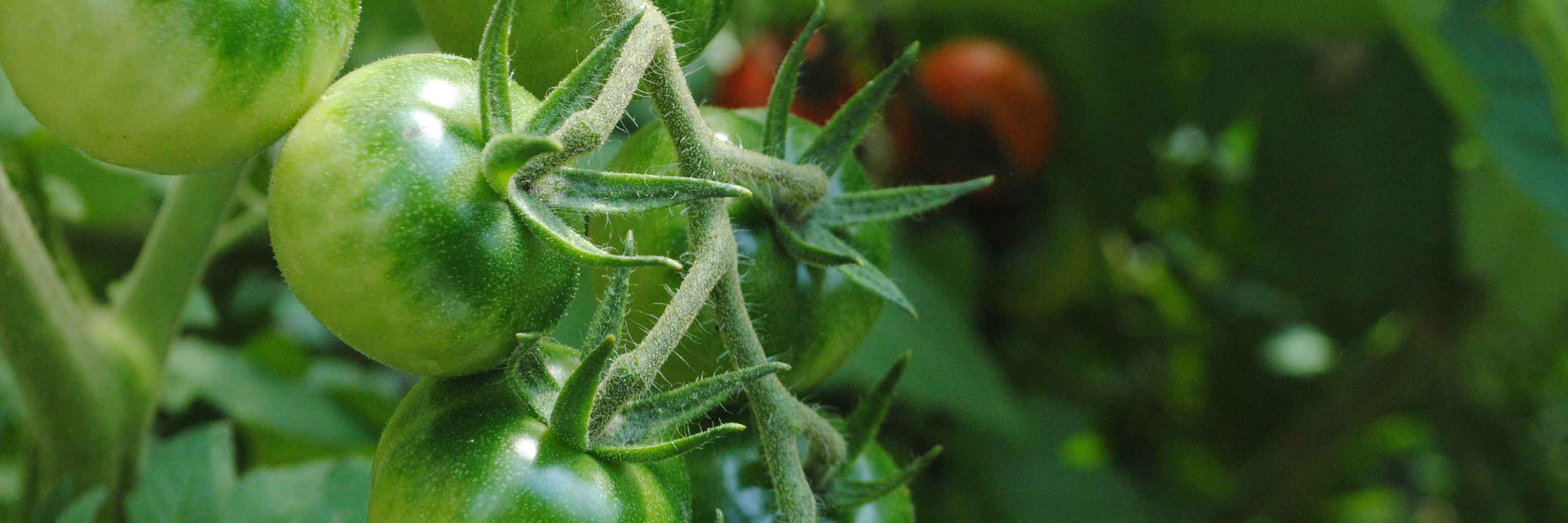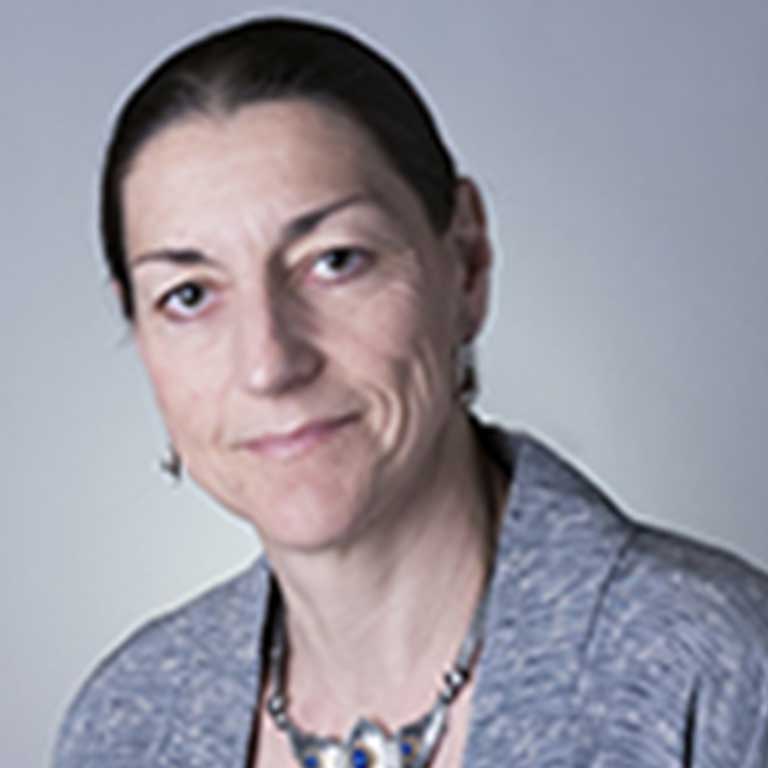Offered once a year, GEOG-G 357 Urban Alternative Agriculture explains how urban agriculture is practiced and understood both in the United States and around the world. A service-based project that engaged with the campus or an urban farm roots the course in the local community.
An interview with Dr. Kalentzidou, lecturer in the Department of Geography, is below.
Why does this course fit the theme of this year’s Themester?
Dr. Kalentzidou: As we have seen this past year with grocery stores having empty shelves, our food system relies on an industrialized process that often discourages consumers to get directly to the source of their food.
Urban agriculture speaks to the resilience of small-scale, local responses to a more comprehensive food system. That is how I have envisioned the relevance of this course in this Themester: how resilient do we become if we focus on our attention on how food is produced on at a local, and therefore much smaller and more manageable, scale, and who do we include. Alongside, we can also talk about the resilience of our urban ecosystem; that is, the more people farm with more sustainable practices, the more the ecosystem will be restored. Urban farming practices support regenerative (organic) practices that restore soil fertility and also encourage plant pollinators. These practices ultimate benefit the ecosystems of cities, and contribute to their resilience.
On another level, our cities are very dependent on food that comes from an outside source, so in that respect, when the supply stops, the cities and their populations suffer. When we have micro-farms in the city, or any type of farming methods, such as vertical farming or greenhouses, we boost the city-wide food.
As we have seen this past year, with grocery stores having empty shelves, our food system relies on an industrialized process that often discourages consumers to get directly to the source of their food.
What type of students do you encourage to take this course? Where do you suggest people can educate themselves about this topic if they are unable to take the class?
Dr. Kalentzidou: I invite any student who has any interest in knowing where their food comes from and where it is grown, as well as any student who likes to know about farming, especially small-scale, urban farming that is not large-scale, and commodity-based.
I also invite students who wish to learn about environmental change, sustainability, or climate change. Any student who is interested in learning about alternative ways to interact with our food system.
If they cannot take the course, they can learn about farming by volunteering in a local farm; for example, in Bloomington, they can work at the Campus Farm or they can volunteer at Hilltop Garden Center. They can also engage in conversations at the many local Farmers’ Markets, getting to know local farmers, and shopping a little bit more locally. I also hope that my class allows them to grow something themselves, even on a windowsill; it’s that simple.
If this class was condensed into a single guest lecture, what parts of the course would you highlight upon?
Dr. Kalentzidou: I would say that urban alternative agriculture allows you to understand how people grow food in cities, and how their act of growing food in cities makes the urban landscape more resilient and just.
This class, urban agriculture, gives students the ability to understand how food is grown in an urban environment, both in the US and abroad, and they will learn about intensive plant cultivation and also elements of animal husbandry. Urban farming is a practice that safeguards our food supply and mitigates climate change in cities. The more food we produce in our cities, the less distances we travel to get our food; that allows us to have a city that is increasingly more self-sustaining.
What do you hope people learn from your class and more importantly, what do you hope they teach others after being in this class?
Dr. Kalentzidou: I would like them to learn how to support and safeguard soil health; how to grow plants in a city environment, and how to embrace raising small animals like chickens and goats, particularly chickens, and how feasible that is in the city. However, I also want them to understand that the way we plan our cities, our urban development policies, have a tremendous impact on supporting and sustaining urban farming operations. We spend a lot of time in class talking about urban food policies in the US and abroad. I hope through my class they understand how to make a change in policy and where to go to initiate that change if they want to have a mini-farm, or a substantial garden. On a very elemental level, I would like them to know what seasonal produce is. A little farm is not going to be able to produce everything for you, but it is able to produce considerable amounts of your food if you put your mind to it and you understand some elements of garden design and how to extend the season.
How do you feel that this year’s theme fits into what is going on in the world right now?
Dr. Kalentzidou: I have talked about this in terms of how we mitigate the effects of climate change through our own actions, as little as they may be; a garden brings new life and a new perspective, either by beautifying your yard or by producing food.
In this past year, what we have experienced is that since people are staying home more, they are more eager to engage with activities such as small-scale gardening or more intense farming in their backyard. That activity in itself allows them to be not only resilient in how they access food because you have an excess amount of food produced, but also resilient in your everyday life.
We have all been very much affected by the pandemic, and psychologically we are striving for something more than just sitting inside and looking at our walls.
A garden also allows you to be resilient in your relationship towards people; when I garden, people stop by, and we can talk at a distance. It allows me to be more human and not always enclosed in a space from humans, even my students.
I think focusing on a subject like urban agriculture allows me to impart on students that ability to talk to neighbors and other people, to bridge that gap about social interactions or lack thereof in lieu of the pandemic.
View this course
View Themester courses




 The College of Arts
The College of Arts